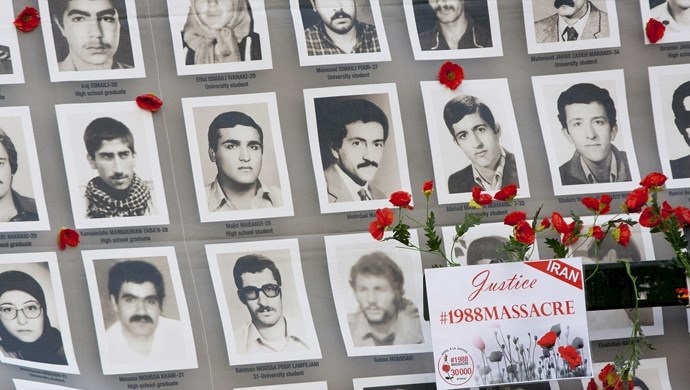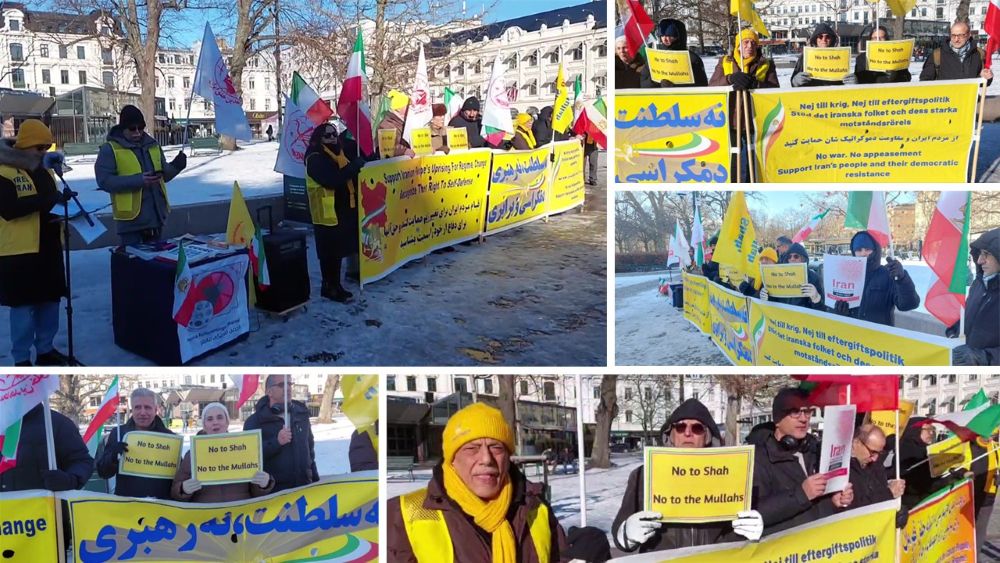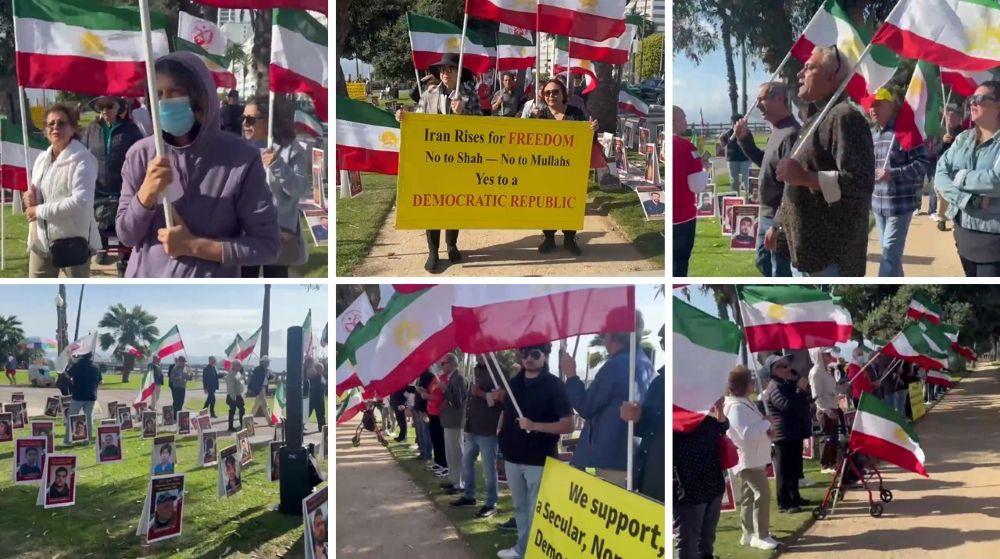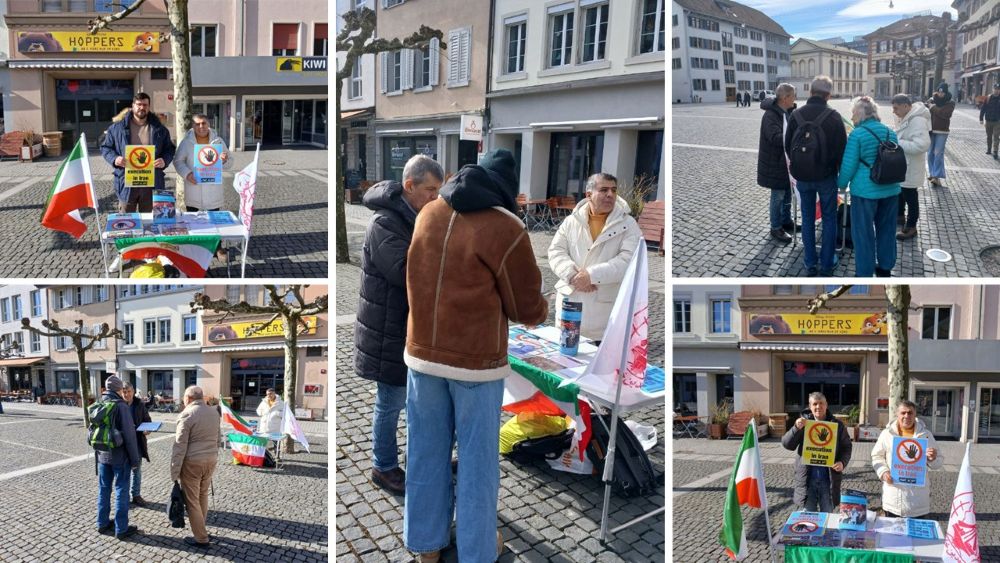
Thirty-three years after the 1988 massacre in Iran, the longstanding inaction from the international community to hold the regime officials, who were involved in the atrocities, accountable for their crimes against humanity continues to raise the question as to whether justice will ever be served for the victims and their families.
During the summer of 1988, 30,000 political prisoners were executed by the Iranian regime following the issue of a fatwa by then-supreme leader Ruhollah Khomeini, who called for the executions of those who refused to denounce their support of the People’s Mojahedin Organization of Iran (PMOI/MEK).
Hossein Farsi was an inmate at the Gohardasht prison during the massacre, charged with being a supporter of the MEK and recalled that a large number of his friends, colleagues and cellmates were among the victims of the massacre, so he has spent the past 33 years honouring their memories by advocating for justice.
The MEK and the National Council of Resistance of Iran (NCRI) have continuously called for investigations to be launched to look into the 1988 massacre, and for the perpetrators to be prosecuted internationally for their crimes against humanity.
The NCRI said, “In recent months, multiple legal scholars have even made the case for the perpetrators of the 1988 massacre to face charges of genocide, based on evidence that the killings were motivated not just by animosity toward the MEK’s politics, but also by its role as an embodiment of true Islamic views.”
The regime’s new president, Ebrahim Raisi was serving as a deputy prosecutor in the late 1980s when he was selected as one of four officials of the ‘death commission’ in Tehran. This panel of judges were tasked with interrogating prisoners in minute-long trials to gage their loyalties. If they refused to denounce the MEK, the inmates were sent straight to the gallows.
When Raisi was selected as the regime’s new president earlier this year, the appeasement that the international powers have shown towards him and his administration not only deny the victims of the 1988 massacre their rightful justice, but it also gives the regime a further sense of impunity from prosecution.
Raisi exploited this sense of impunity in November 2019 as he served as the head of the judiciary. During a nationwide uprising, he oversaw the severe crackdown on protesters, which ultimately ended with the deaths of more than 1,500 people.
The NCRI said, “Western silence over such matters would be bad enough if widespread awareness of the 1988 massacre only emerged in the midst of Raisi’s presidential campaign. But in fact, the international community has been turning a blind eye to the 1988 massacre since it was still going on, and has even turned a blind eye to warning signs before it even began.”
Farsi spoke of his time in Gohardasht prison in early 1988, where he and other prisoners were beaten with weapons and stripped naked, before being locked up in horrible conditions that worsened steadily until the massacre began later that year.
The Iranian Resistance has spent the past 3 decades appealing to Western powers to help bring about justice for the massacre’s victims and their families but have made little progress. In 2019, former Iranian prison official, Hamid Noury was arrested in Sweden for his involvement in the 1988 massacre and is currently on trial in Stockholm, with testimonies being heard from dozens of survivors.
The NCRI said, “It represents a concrete example of the legal principle of “universal jurisdiction” over the most serious international crimes, and now that it has been proven viable, it must be applied to higher-level participants in the massacre, including but not limited to the regime’s current president, Ebrahim Raisi.”



